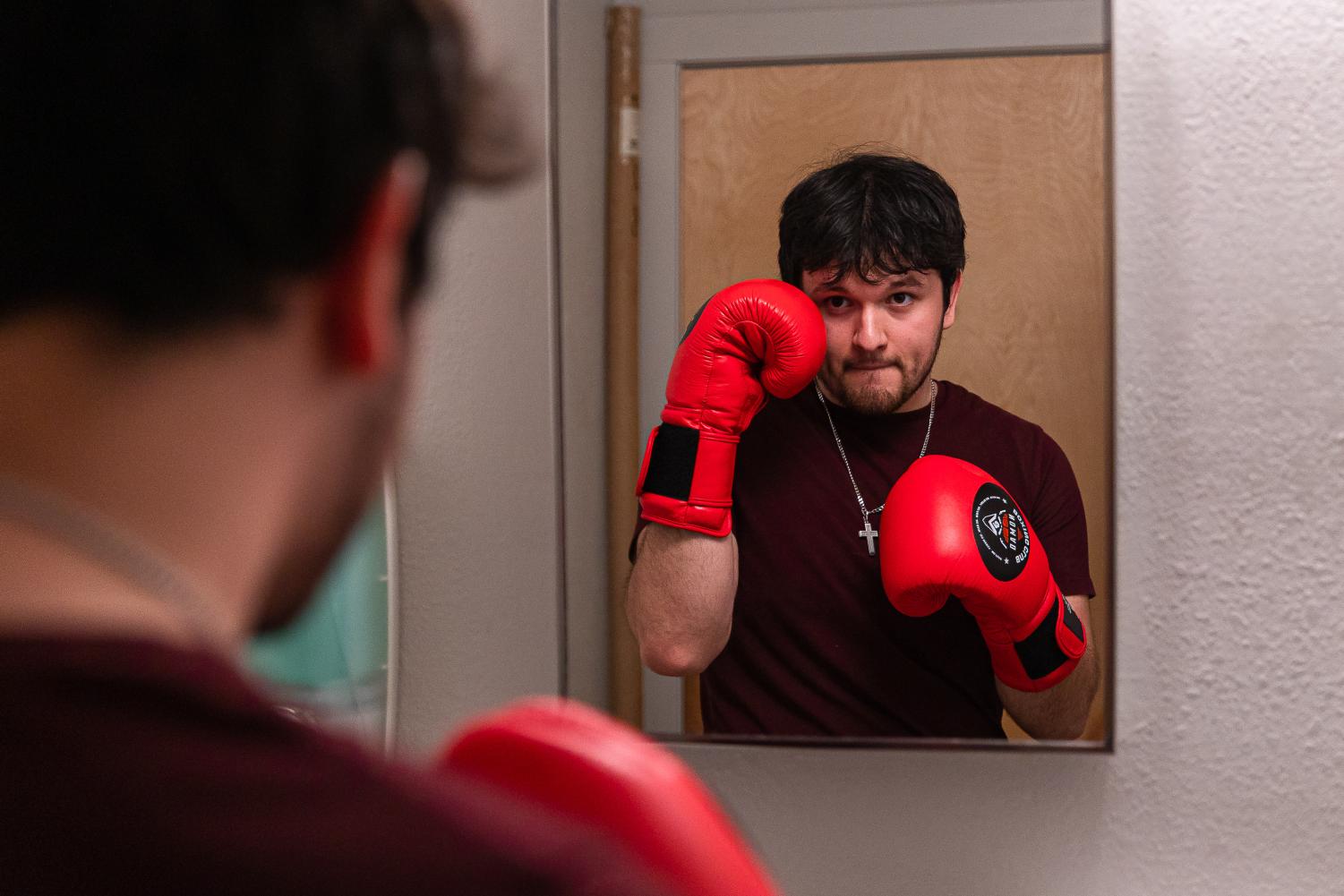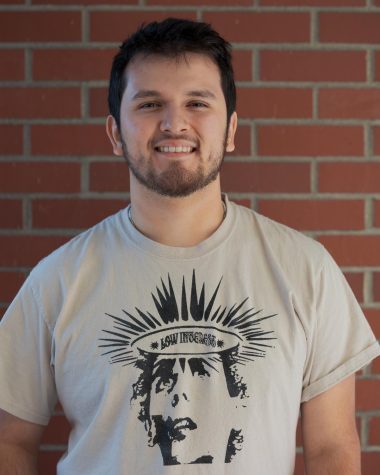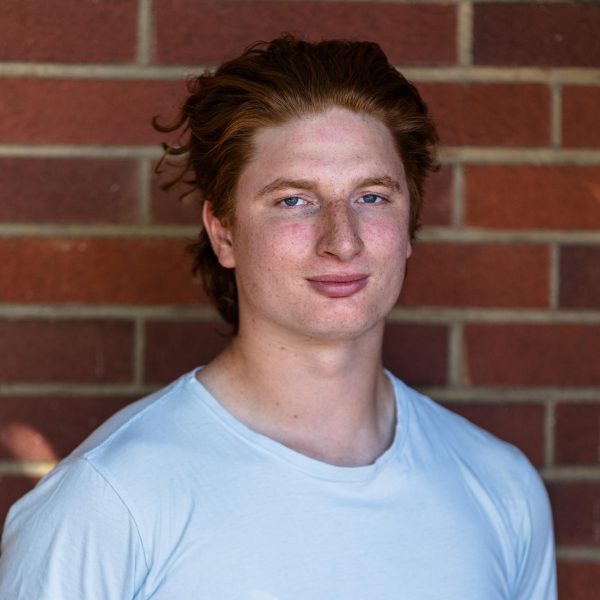“Once I am skinny…”
Exploring body dysmorphia, body positivity
May 4, 2023

Growing up obese is one of the most humbling experiences anyone can have. Having a body type that diverges from societal standards of “beauty” can be extremely difficult as an adult, but as a child, your peers are often both intentionally and unintentionally cruel.
I grew up always being the biggest kid in class, constantly trying to fit into the cool clothes that my classmates were wearing and finding that they just did not look the same on me. I struggled to keep up in outdoor activities and found myself drawn to the more “nerdy” hobbies. Aside from becoming really good at Pokemon, growing up obese is an experience that still negatively affects me to this day.
As I got older, my appearance began to matter to me more and more as it became harder to ignore how I looked. Looking in a mirror by mistake was a dreaded experience, and seeing myself in photographs was worse. It was not until suffering from a freak accident due to my weight that I finally snapped. My inability to exercise and extended periods of sitting made my weight skyrocket, sending me into a spiral of binge-eating and starvation periods that made school and life in general miserable.
For the next few years, I had sporadic bursts of intense commitment to my physical appearance and complete disregard for my health come and go with little thought, until the COVID-19 pandemic forced me to face the problems I was always running from.
In lockdown, I worked out because I hated my body. Every workout session consisted of miserable and grueling hours of over-exertion and pain. I would not eat to make sure I burned as many calories as possible. Obviously, this only resulted in eventual collapses and more binge eating. However, despite how unhealthy and miserable I was, I finally achieved what I had always dreamed of: I was finally “skinny.” Within four months, I went from 205 pounds down to 175.
My diet consisted of whatever was in the fridge that was bland and boring. I worked out seven days a week with no rest periods, constantly injuring different parts of my body. I would play basketball for hours on end with no breaks and without drinking water. I was obsessed, I was beautiful, and I was miserable.
This, like all of the other periods of intense body dysmorphia, was only a temporary high, as this unsustainable lifestyle ultimately led to an ACL tear which put me right back at square one. Not wanting to repeat the mistakes of the past and wanting to break free of this vicious cycle, I sought help through friends, family and prayer. It was then that I heard the following words that changed my life:
“You will never like how you look if you can’t like yourself as you are right now.”
Hearing those words transported me back to my childhood and comforted the child watching his classmates outrun him in tag. Those words eased the pain of backhanded compliments and direct ridicule from middle school bullies. Those words mended the heartbreaks of failed high school romances because of my belly. Those words finally set me free.
It had never occurred to me that perhaps the problem was my mind and not my body. Even at the peak of my physical appearance, I was miserable. Nothing would ever be enough if I did not love myself regardless of my appearance, whether or not I had stretch marks and body rolls. Slowly but surely, I learned to love my body for what it was.
With this powerful new tool in my arsenal, I returned to the gym in moderation, slowly ramping up how hard I pushed myself. I began to eat meals that would nurture my body in a way that worked for me, as opposed to trendy quick-fix diets. Instead of trying to fit into the clothes I bought two sizes too small, I bought bigger clothes. Instead of working out to get skinny, I did it to be strong, both mentally and physically.
Now almost two years into this journey, I am the happiest I have ever been with my self image. I do not even know how much I weigh anymore. I feel comfortable in all of my clothes, and seeing myself in the mirror and admiring all of the hard work I have put in is inspiring. This is not to say I do not still have hard days, but learning to work for my body out of love instead of resentment has been a game changer.
Growing up, I thought the answer to all of my problems started with the phrase “once I am skinny …,” but now, being the most confident I have ever been and loving all of my exercise and food, I push myself forward by saying “now that I love myself ….” Body dysmorphia is a powerful and difficult beast to tame, but doing so comes from healing the mind, not the body.



























































































